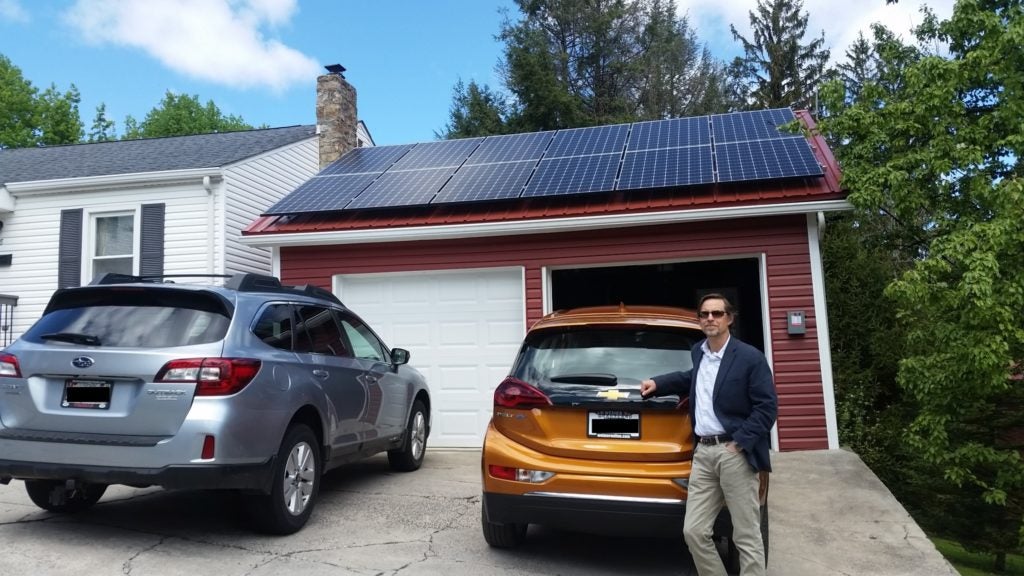Lawmakers look to impose high fees on electric vehicles


Legislators in states across the country have proposed bills that would impose high registration or other fees on electric vehicles (EVs) and plug-in hybrid vehicles (PHEVs). The fees range between $100-$330 annually. At a time when it is broadly understood that we must transition from gas-powered cars to electric vehicles (and charge them with clean energy sources like solar), punitive and poorly-reasoned fees on electric vehicles discourage people from purchasing EVs. After Georgia imposed a $200 EV fee and eliminated state incentives in 2015, EV sales fell by over 400% from 2014 to 2016.
The argument advanced by the sponsors of these bills is that because electric vehicle owners do not purchase gasoline or pay gasoline tax – and the gas tax is one of the primary means by which governments pay for roads, bridges, and other transportation infrastructure – EVs should be taxed some other way to make up for lost revenue.
There are a number of problems with EV fees. It is unclear how those dollar amounts were determined. Not all electric vehicles are purely electric. A substantial portion of plug-in vehicles in the U.S. are plug-in hybrids, which do use gasoline. Making these vehicles pay both gasoline taxes and usage fees taxes them twice. The EV fee scheme also seems not to account for the fact that plug-in cars pay a tax that gasoline cars don’t – the tax on electricity. This tax is significant and helps support local infrastructure as well. For plug-in hybrids, the electricity tax would make three separate taxes.
EVs provide significant benefits that gasoline-powered vehicles don’t. They are substantially better for human health and are responsible for a much smaller greenhouse gas emissions footprint, not to mention the potential for them to help create a resilient electricity grid. It does not appear that EV fee bills proposing high dollar amounts take these facts into consideration.
The larger issue is that imposing high EV fees is not a sustainable way to fund our road systems, which depend on gas taxes. As cars are getting better gas mileage, fewer gallons of gas are sold to pay taxes on. The federal gas tax has not been raised with inflation since 1993. Imposing additional fees on EVs, which make up just one third of 1% of registered vehicles on the road and only 1% of sales annually, simply penalizes EV owners when we should be incentivizing them.
Solving the bigger problem of adequately resourcing our public transportation needs is a tricky issue, but overtaxing EVs is not the solution. One frequently discussed fix that has merit would be to create a system that taxes vehicles based on how many miles they drive on our roads. This is also called a vehicle miles traveled (VMT) tax. Using miles traveled as the measuring stick for how much tax is paid has several advantages. It is easy to understand. It would be a more stable way of funding our roads. It doesn’t favor one fuel over another. Whatever the decision, states should at least study the issue rather than taking hasty and poorly thought through action that could have lasting effects.
